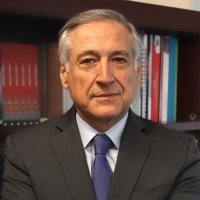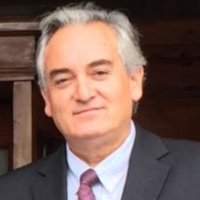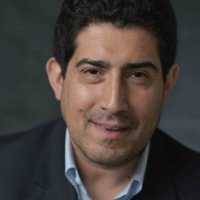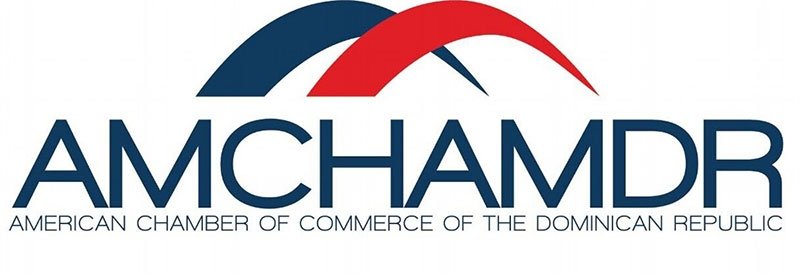The Chilean Plebiscite: What Does It Mean for Democracy?
One year after mass protests rocked Santiago and other cities throughout Chile, the country will hold an October 25 national plebiscite to reform the constitution dating from the years of the military dictatorship. Proponents of Apruebo (I approve) view a new constitution as a means to expand democratic freedoms and participation and overcome deep-rooted social inequalities. Those in the opposite camp, Rechazo (I reject) oppose the drafting of a fundamentally new charter, suggesting that the process could result in the erosion of fundamental democratic principles and open a Pandora’s box of unknown economic and social consequences.
A second question on the October ballot has to do with the mechanism for drafting a new constitution. At stake are two different procedural models: the election of an entirely new constituent assembly, or a hybrid model of current legislators in addition to elected citizens. If citizens vote to approve a new constitution, a subsequent vote will be held in April 2021 to choose the representatives who will draft it. A final vote on the new constitution will take place in 2022.
What does the debate over constitutional reform in Chile mean for the future of democracy in Chile and elsewhere in the region? Is Chile’s free-market, export-oriented economic model at risk? Is a new constitution the best path toward broader democratic representation and social equality? What are the risks?
Please join the Wilson Center's Latin American Program and International IDEA on Friday, October 16, 2020, 9:00 a.m. – 10:15 a.m., EST to discuss the upcoming plebiscite and its meaning for both Chile and Latin America.
Speakers




Introduction

Moderator

Hosted By

Latin America Program
The Wilson Center’s prestigious Latin America Program provides non-partisan expertise to a broad community of decision makers in the United States and Latin America on critical policy issues facing the Hemisphere. The Program provides insightful and actionable research for policymakers, private sector leaders, journalists, and public intellectuals in the United States and Latin America. To bridge the gap between scholarship and policy action, it fosters new inquiry, sponsors high-level public and private meetings among multiple stakeholders, and explores policy options to improve outcomes for citizens throughout the Americas. Drawing on the Wilson Center’s strength as the nation’s key non-partisan policy forum, the Program serves as a trusted source of analysis and a vital point of contact between the worlds of scholarship and action. Read more

